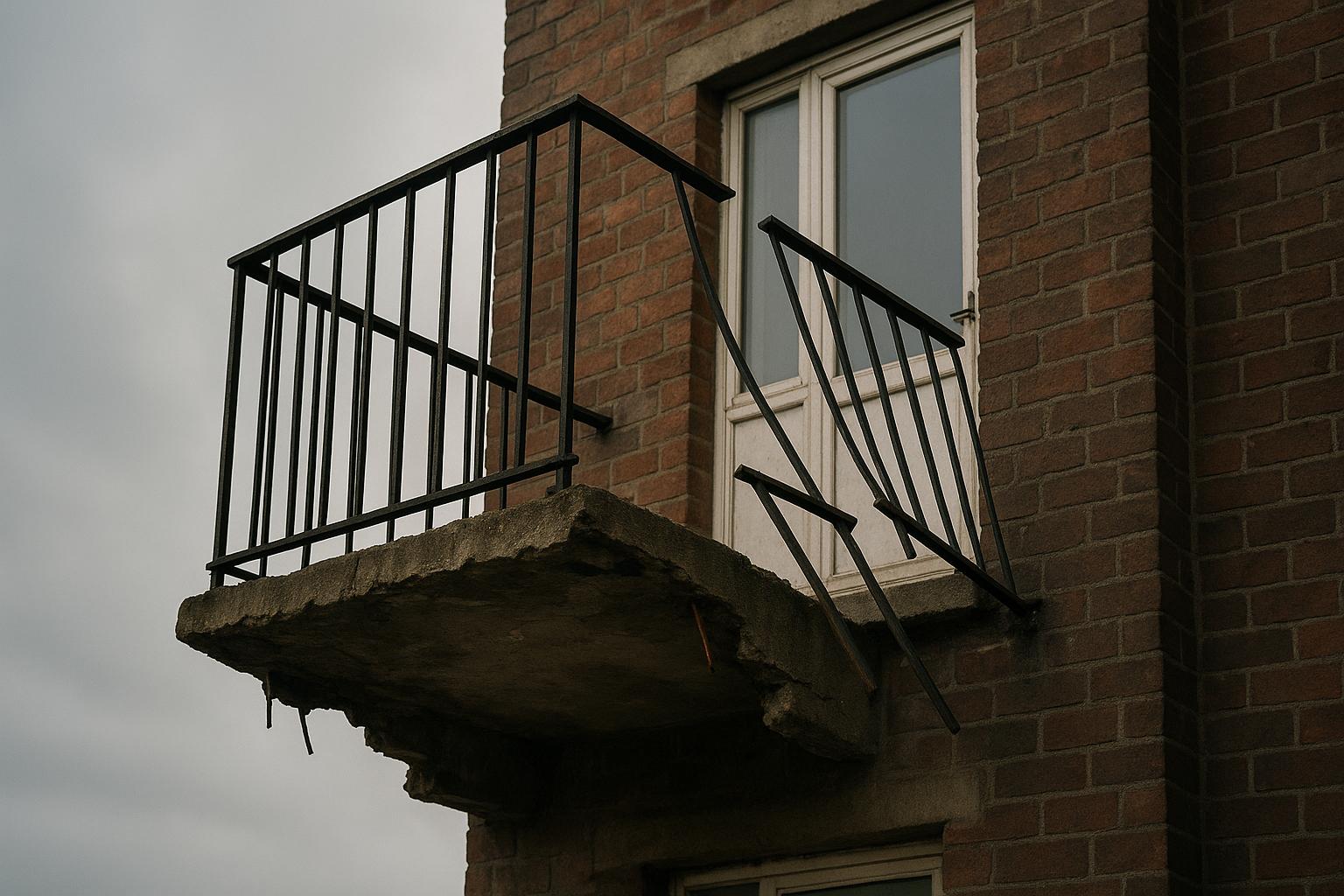Residents of The Fold, a recently completed 35-storey apartment block in Croydon, are facing a crisis that exposes the wider failures of our housing industry and the priorities of those entrusted with public safety. Since opening in 2022, this development—once hailed as a flagship of Queen’s Quarter—has become a symbol of shoddy construction and neglect, forcing many tenants to abandon their homes amid pervasive damp, mould, structural faults, and fire safety concerns. With occupancy dwindling to just 30%, the building stands as a stark reminder of how profit-driven interests often override residents’ welfare.
The building’s numerous defects, identified shortly after completion, have severely undermined safety and trust. Stories of water damage, collapsing ceilings, sewage leaks, and rampant mould are not just unfortunate; they are criminal neglect. These issues, linked to the now-defunct contractor Henry Construction, reveal the devastating consequences of lax regulation and the prioritisation of cost-cutting over quality—problems that are all too familiar across the sector. Meanwhile, the failure to deliver a safe, habitable space underscores a widening systemic failure rooted in weak oversight and compromised standards.
Worsening these concerns are fire safety failures—a serious lapse for a high-rise designated as a place of refuge. Residents are rightfully alarmed by the building’s single staircase, faulty fire alarm systems, and conflicting messages about evacuation, all signs of an industry that often places profit before safety. Such dangerously inadequate fire protections highlight how much more needs to be done to hold negligent builders and landlords accountable.
Despite complaints from tenants dating back months, property giant Legal & General (L&G) has dragged its feet, offering only superficial reassurances and meagre compensation packages. Their slow response reflects a broader culture of complacency, where residents’ fears are dismissed and safety protocols are treated as an afterthought. To truly protect tenants, authorities must step up and wield their influence, instead of being silent bystanders. As the freeholder, Croydon Council claims limited involvement, yet its failure to enforce proper oversight has allowed this catastrophe to unfold, exposing a lack of genuine commitment to residents’ safety.
Contrast this chaos with the well-maintained social housing at Malcolm Wicks House—constructed by the same contractor—demonstrating that standards can be upheld when oversight is rigorous. The council’s preparations for legislation like Awaab’s Law suggest some recognition of the need to improve protection against damp and mould. However, legislation alone isn’t enough. The systemic weaknesses that allow such crises to occur must be addressed by tightening tenancy laws, strengthening enforcement, and prioritising residents’ right to safe housing over developer profits.
The situation at The Fold is emblematic of a housing sector in crisis—one where corner-cutting, lax regulation, and weak accountability threaten the safety and well-being of ordinary people. MPs and local officials should recognise that tales like these are not isolated incidents but symptoms of a broken system. This crisis demands urgent action to reform standards, empower tenants, and crack down on negligent landlords—before more lives are put at risk.
Legal & General’s pledges to “expedite repairs” and “support residents” ring hollow in the face of so much suffering. What’s needed is a fundamental overhaul of the way housing is built, managed, and regulated—fixing a broken system that too often values profit over people. Until then, the residents of The Fold—and countless others—remain trapped in a cycle of neglect and danger, a stark warning of the urgent need for reform in our housing policies.
Source: Noah Wire Services
